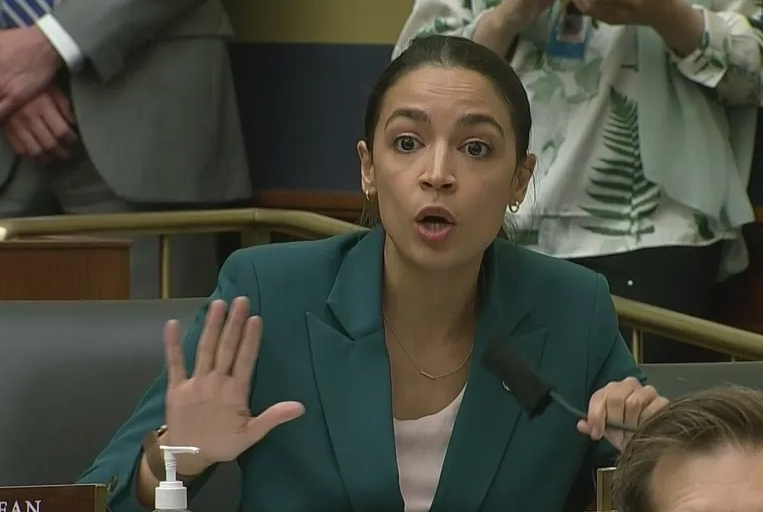Naomi Schaefer Riley and James Piereson write for National Affairs about the impact of recent changes in union membership.
The success of unionization efforts at the SPLC has inspired workers at other non-profit organizations — especially left-leaning ones — to consider union campaigns of their own. Employees at several high-profile non-profits, including the American Civil Liberties Union, the Brookings Institution, and the Urban Institute, have unionized. Employees at the National Women’s Law Center unionized in 2020, while those working for the Guttmacher Institute voted to do so in 2022. Other organizations with large staffs spread out in offices around the country, such as Planned Parenthood, are also dealing with unionization campaigns. …
… Employees seeking to form unions face significant hurdles in the current economic climate. Union campaigns are more successful during economic downturns, when workers are worried about compensation, job security, and better working conditions. In tight labor markets like the one we are experiencing now, workers have greater freedom to negotiate their own terms of employment as individuals rather than as members of unions. This is especially true among the highly educated professionals who work for non-profit organizations. As the CEO of one public-interest law firm observed, “it makes me laugh that these litigators who work for the Southern Poverty Law Center need a union to negotiate their contracts.” …
… While there have been some recent high-profile unionization campaigns at Amazon and Starbucks franchises, unions are struggling to find more members. Now that earlier waves of unionization in factories and the public sector have run their course, union leaders are looking to the non-profit sector as an area ripe for expansion.
One way they’ve tried pursuing this strategy is by asking state and local governments to exert pressure on the non-profits they work with. In Chicago, for instance, the recently passed Human Service Workforce Advancement ordinance requires that human-service organizations, as a condition of working with the city, have in place a “labor peace agreement.” Such agreements prohibit employers from opposing or disrupting unionization efforts among their employees.


